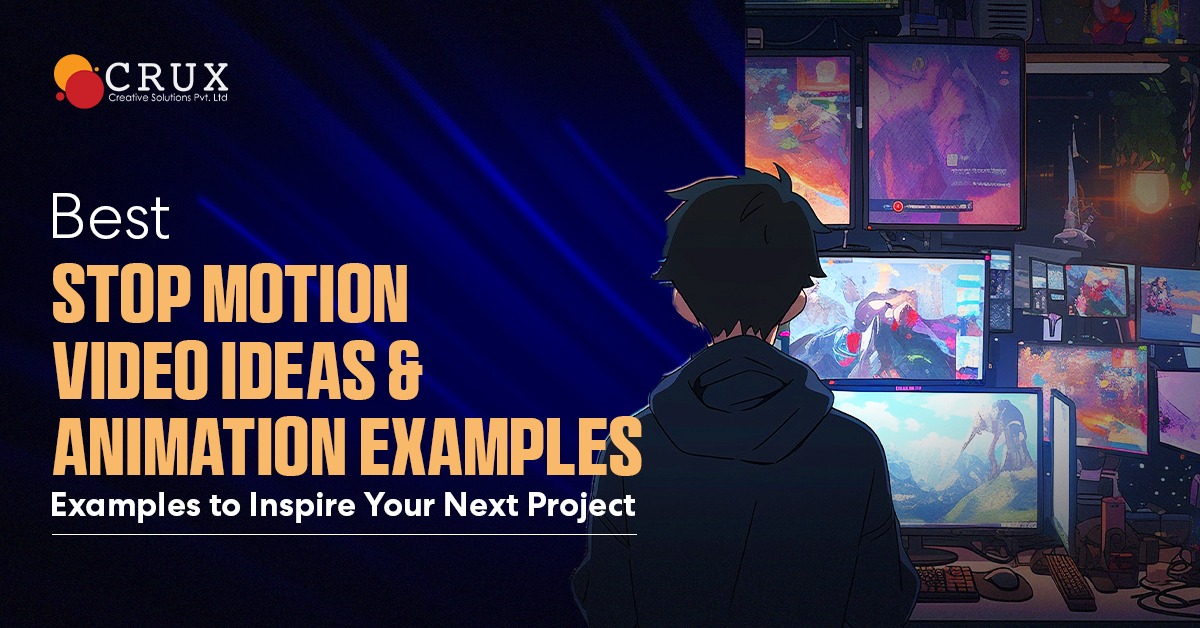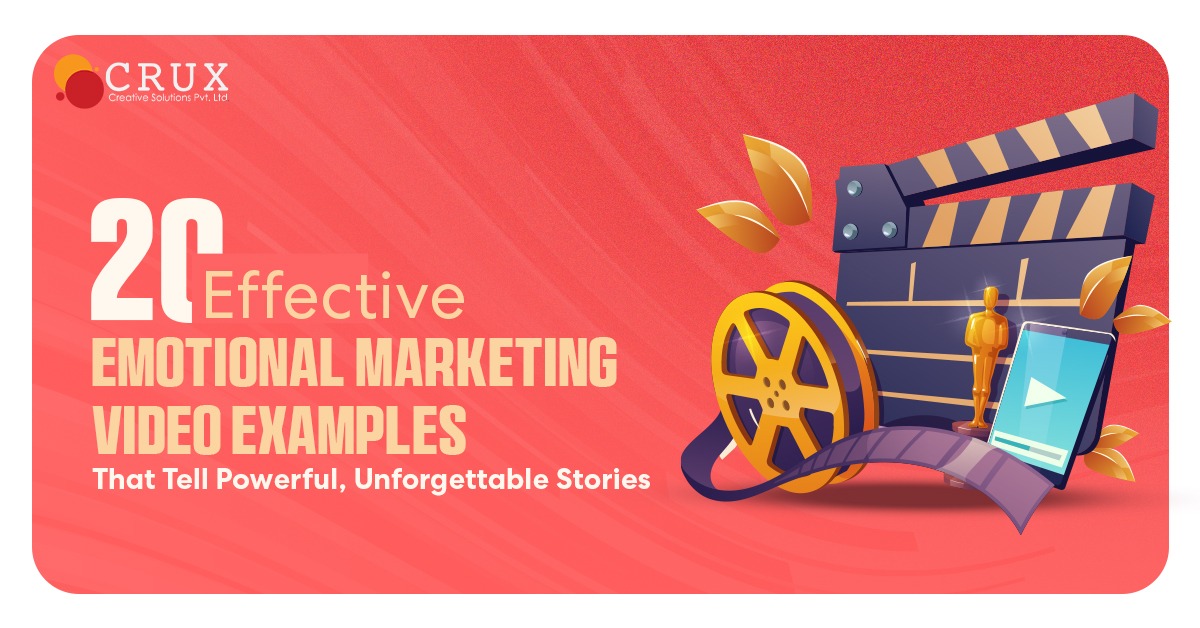
Top 10 Duplicate Content Checker Tools (Free + Premium)
Duplicate content can devastate your SEO rankings and brand reputation. These 10 tools (free and premium) help detect plagiarism, protect original content, and ensure search engines recognize your authority. From basic text comparison to advanced web crawling, these checkers safeguard your digital assets and boost content performance.
Your original content is your digital gold—but what happens when someone steals it? Duplicate content doesn't just hurt your feelings; it can torpedo your search engine rankings, confuse Google about which version to display, and dilute your brand authority across the web.
Whether you're a blogger protecting your articles, a business owner safeguarding product descriptions, or an SEO professional managing multiple websites, duplicate content is a silent killer that strikes without warning. Search engines penalize sites with duplicate content, pushing your carefully crafted pages down in search results while potentially rewarding the copycat.
But here's the empowering truth: you don't have to be a victim. The right duplicate content checker tools act as your digital bodyguards, scanning the internet to catch plagiarism before it damages your online presence. From free basic scanners to premium enterprise solutions, these tools offer everything from simple text comparison to comprehensive website audits.
The question isn't whether you need duplicate content protection—it's which tool will give you the peace of mind and competitive edge you deserve in today's content-driven digital landscape.
Duplicate content can harm your website's SEO and credibility. It's crucial to identify and address it. This blog post explores the top 10 duplicate content checker tools, both free and premium options.
Copyscape
Copyscape is a popular plagiarism detection tool. It offers both free and premium services.
Free version:
Premium version:
Copyscape is known for its accuracy and ease of use. The best SEO company in Gurgaon strongly recommends it since It's a go-to tool for many content creators and website owners.
Siteliner
Siteliner focuses on internal duplicate content. It's particularly useful for large websites.
Features:
Siteliner helps you maintain a clean, well-organized website structure. It's a valuable tool for webmasters and SEO professionals.
Grammarly
Grammarly is primarily known for grammar checking. However, it also offers plagiarism detection.
Features:
While not as specialized as some other tools, Grammarly's plagiarism checker is a useful addition to its writing assistance features.
Quetext
Quetext is a user-friendly plagiarism detection tool. It's suitable for students, teachers, and content creators.
Features:
Quetext uses advanced algorithms to detect both exact matches and paraphrased content.
DupliChecker
DupliChecker is a free tool with a simple interface. It's great for quick checks.
Features:
While not as feature-rich as some paid options, DupliChecker is a solid choice for occasional use.
Plagiarism Checker X
This tool offers both desktop software and a web-based version. It's popular among educational institutions.
Features:
Plagiarism Checker X is a comprehensive solution for those needing regular, in-depth plagiarism checks.
SmallSEOTools Plagiarism Checker
SmallSEOTools offers a free plagiarism checker along with other SEO tools. It's a versatile option for content creators.
Features:
This tool is particularly useful for bloggers and digital marketers who need a quick, all-in-one solution.
Unicheck
Unicheck is designed for educational institutions but is also useful for businesses. It offers both similarity checking and authorship verification.
Features:
Uncheck's focus on academic integrity makes it a top choice for educational settings.
Copyleaks
Copyleaks uses AI to detect plagiarism across multiple languages. It's suitable for both web content and academic papers.
Features:
Copyleaks' multi-language support makes it stand out for international users and multilingual content creators.
PlagScan
PlagScan is a comprehensive plagiarism detection service. It's used by both educational institutions and businesses.
Features:
PlagScan's versatility makes it suitable for a wide range of users, from students to professional writers.
Selecting the perfect duplicate content checker depends on your specific needs and budget constraints. Free tools like Copyscape and Quetext work well for occasional checks and small-scale content verification. However, if you're managing multiple websites or publishing content regularly, premium solutions offer advanced features worth the investment.
Key factors to evaluate:
- Detection accuracy - Look for tools that catch paraphrased content, not just exact matches
- Database size - Larger databases mean more comprehensive scanning across the web
- Batch processing - Essential for checking multiple pages or documents simultaneously
- API integration - Allows seamless integration with your existing content management workflow
- Reporting features - Detailed reports help identify specific problematic areas
Consider your content volume when choosing between free and paid options. High-volume publishers benefit from premium tools like Siteliner or Grammarly Business, while occasional users can rely on free alternatives. You can discuss more about out the tools with an SEO company in Gurgaon.
Best Practices for Using Duplicate Content Checkers
Effective duplicate content detection requires strategic implementation beyond simply running random checks. Establish a systematic approach that protects your content proactively rather than reactively addressing problems after they damage your rankings.
Essential practices include:
- Regular scanning schedules - Check new content before publishing and audit existing content monthly to catch issues early. Set up automated alerts for high-priority pages and establish quarterly comprehensive site audits to maintain clean content standards across your entire digital presence.
- Multiple tool usage - Different tools catch different types of duplication for comprehensive coverage. Combine free tools for basic checks with premium solutions for deep analysis. Cross-reference results to minimize false positives and ensure no duplicate content slips through your detection system.
- Internal duplicate detection - Scan your own website for unintentional self-duplication across pages, product descriptions, and category content. Many sites unknowingly create internal duplicate issues through boilerplate text, similar product descriptions, or syndicated content that dilutes SEO effectiveness and confuses search engines.
- Source documentation - Keep detailed records of your original publication dates and content sources to establish ownership when disputes arise. This documentation becomes crucial evidence if you need to file DMCA takedown requests or prove content originality to search engines.
- Threshold setting - Configure appropriate similarity thresholds in your tools, typically 15-20% for most content types. Lower thresholds may flag legitimate quotes or industry terminology, while higher thresholds might miss significant plagiarism that could impact your search rankings.
Always verify results manually, as automated tools sometimes flag legitimate quotes or common phrases as duplicates. Focus on substantial content matches rather than minor similarities. Document your findings to track recurring issues and identify patterns that might indicate systematic problems in your content creation process.
The Importance of Original Content
While these tools are valuable, remember that creating original content is key. Duplicate content can:
Use these tools as part of a broader strategy to ensure content originality and quality.
Duplicate content checkers are essential tools in today's digital landscape. Whether you're a student, content creator, or website owner, these tools can help maintain the integrity and originality of your work.
From free options like DupliChecker to comprehensive solutions like PlagScan, there's a tool for every need and budget. Remember to use these tools responsibly and as part of a broader content strategy.
Do you have content marketing needs but don’t know how to get started? Contact Crux, the 360-degree digital marketing agency in Gurgaon for your content needs. Get started today with Crux Creative Solutions.
FAQs
1. What percentage of duplicate content will actually hurt my SEO rankings? There's no magic number, but generally 25-30% similarity can trigger penalties. However, context matters more than percentages. A few duplicated sentences won't harm you, but entire paragraphs or pages will. Search engines focus on substantial duplication that provides no unique value. Even 15% duplication across multiple pages can signal thin content issues to Google's algorithms.
2. Can I get penalized for quoting other sources or citing research in my content? No, legitimate quotes with proper attribution are perfectly acceptable and won't trigger penalties. The key is using quotation marks, citing sources, and ensuring quotes don't dominate your content. Problems arise when quotes exceed 10-15% of your total content or when you fail to add substantial original commentary and analysis around the cited material.
3. How do I handle duplicate content issues with product descriptions on e-commerce sites? Rewrite manufacturer descriptions entirely, focusing on unique benefits for your customers. Create original descriptions highlighting specific use cases, customer reviews, or comparison points. For large inventories, prioritize rewriting descriptions for your best-selling products first. Consider user-generated content like reviews to add unique value and differentiate from competitor sites selling identical products.
4. Will duplicate content checkers catch content that's been spun or paraphrased by AI tools? Advanced premium tools can detect sophisticated paraphrasing and AI-generated content variations, but basic free tools often miss them. Modern checkers use semantic analysis to identify similar meaning despite different wording. However, high-quality AI paraphrasing might slip through some detection systems, making manual review and multiple tool verification increasingly important for comprehensive protection.
5. Should I be concerned about duplicate content across my social media posts and website? Generally no, search engines understand that social media snippets often promote website content. However, avoid posting entire blog posts on social platforms verbatim. Instead, create unique social media versions with different angles, headlines, or formatting. Focus on using social posts to drive traffic to your original content rather than replacing it entirely.














